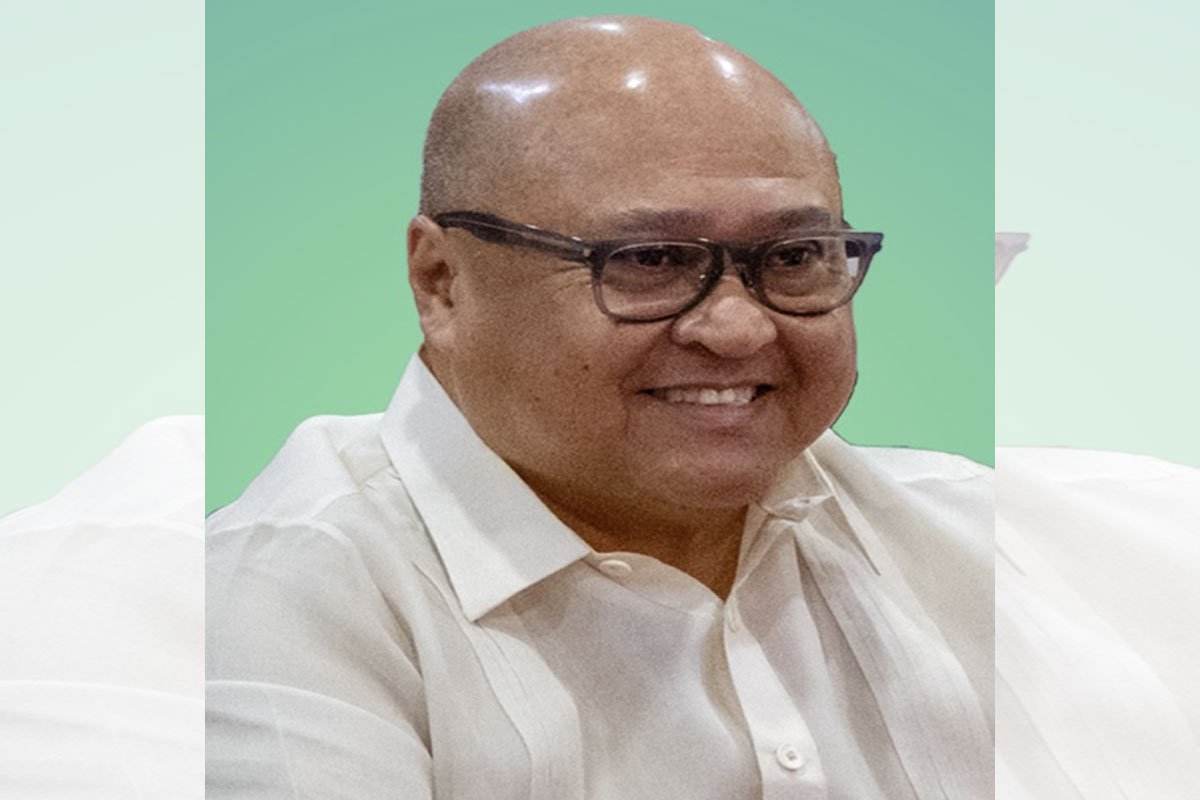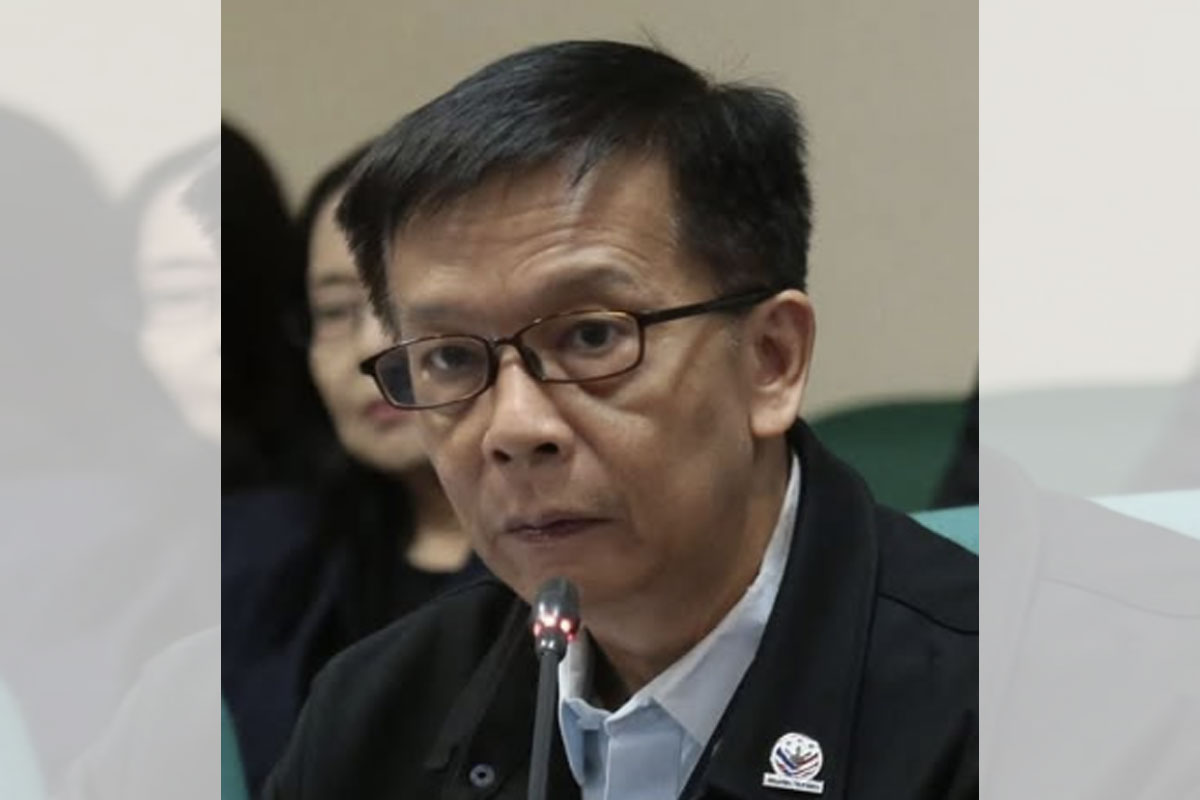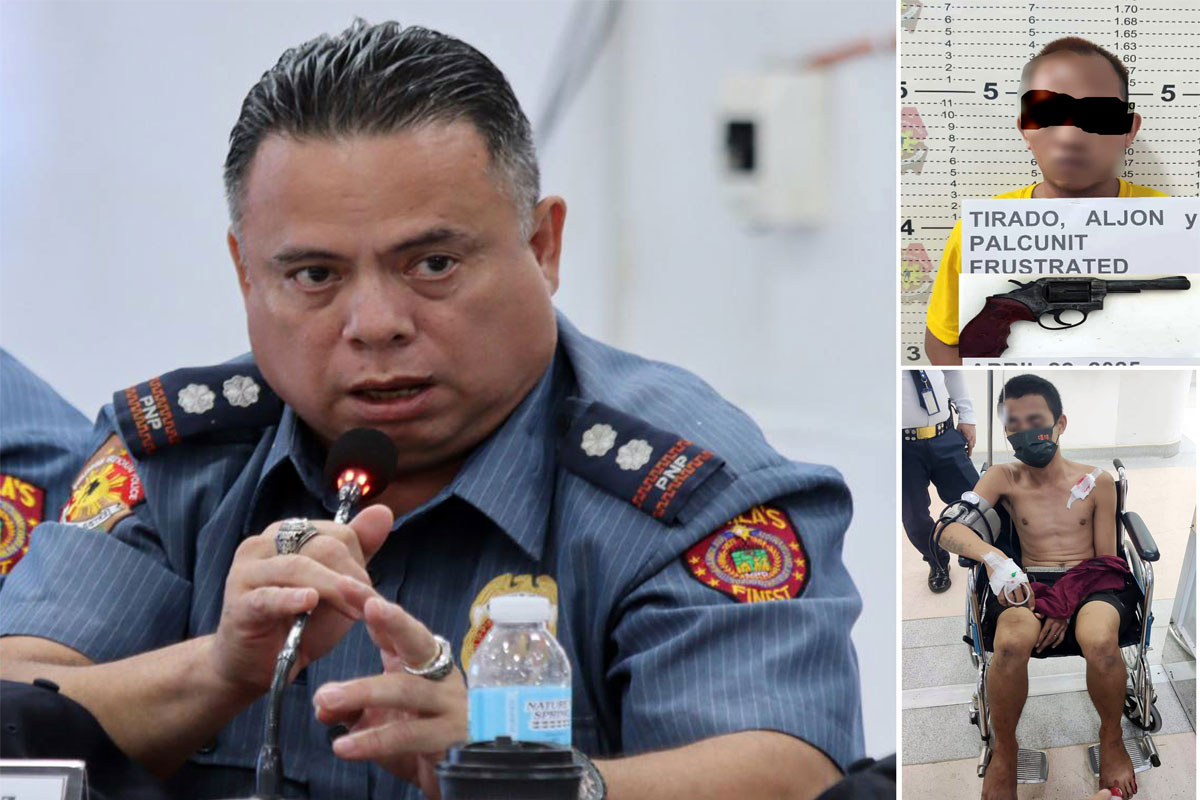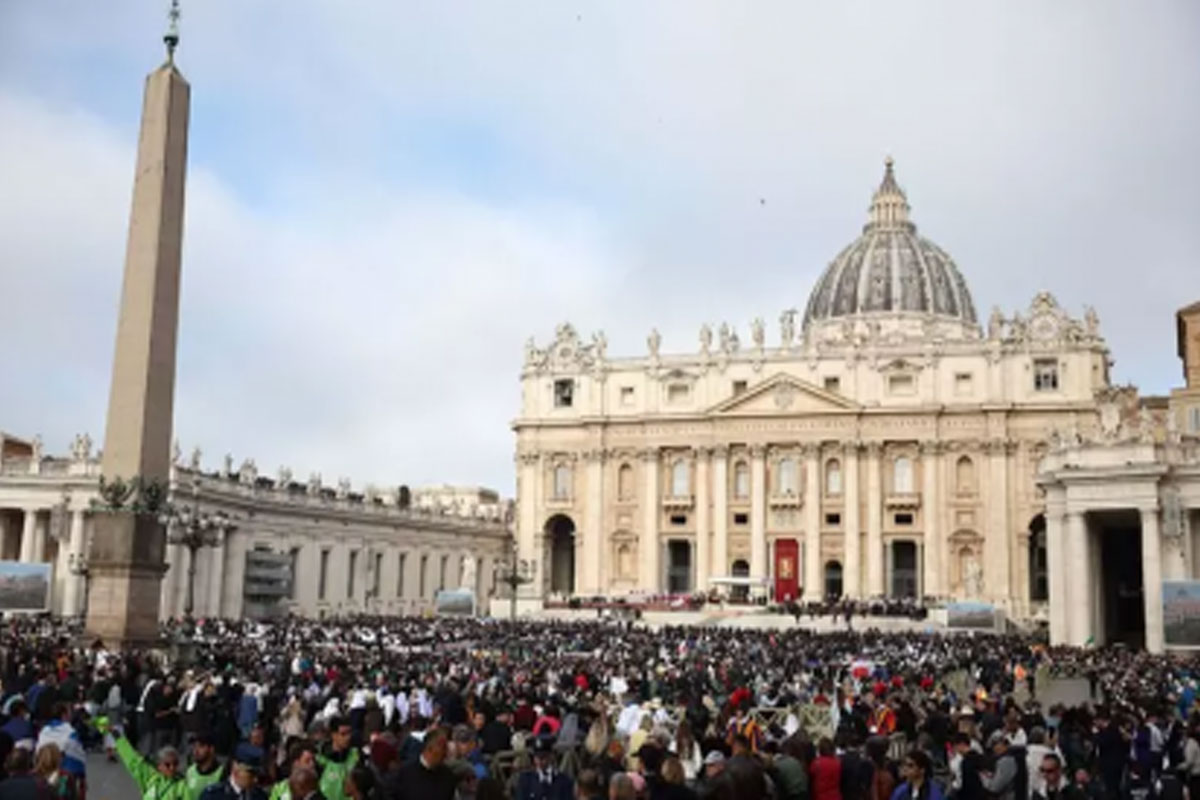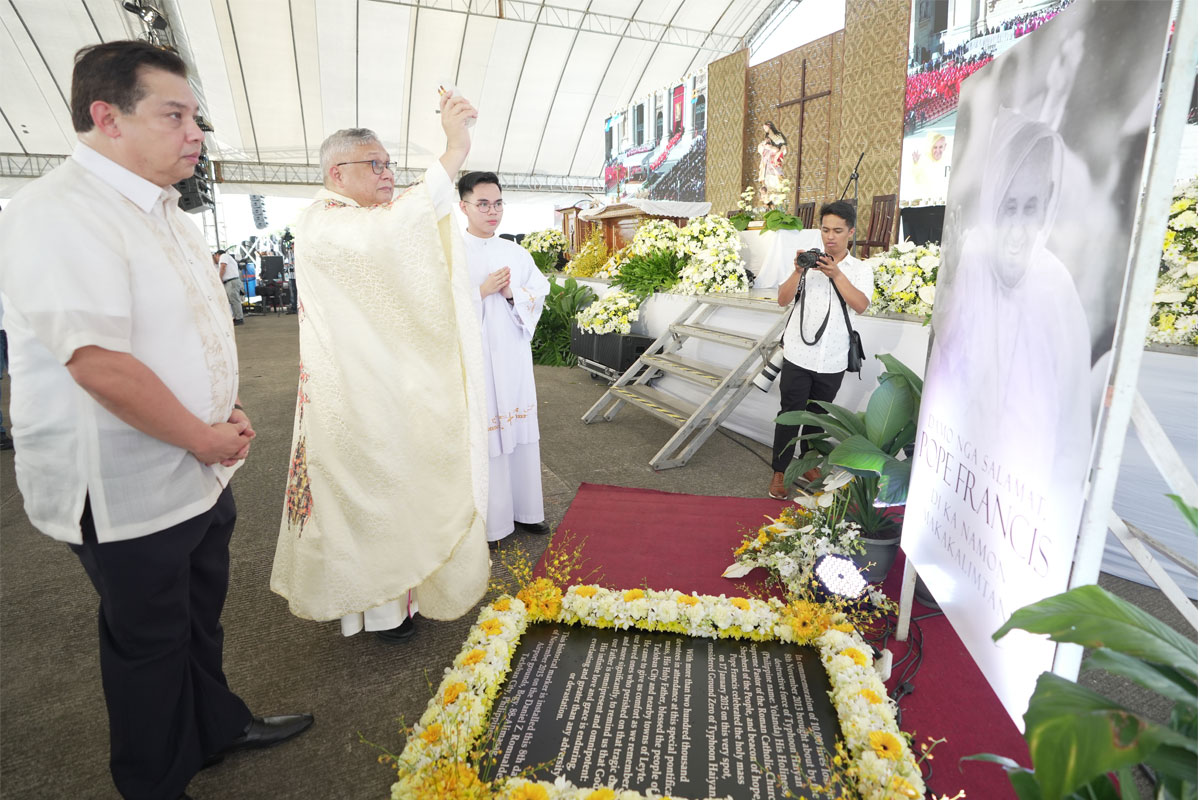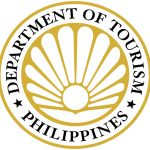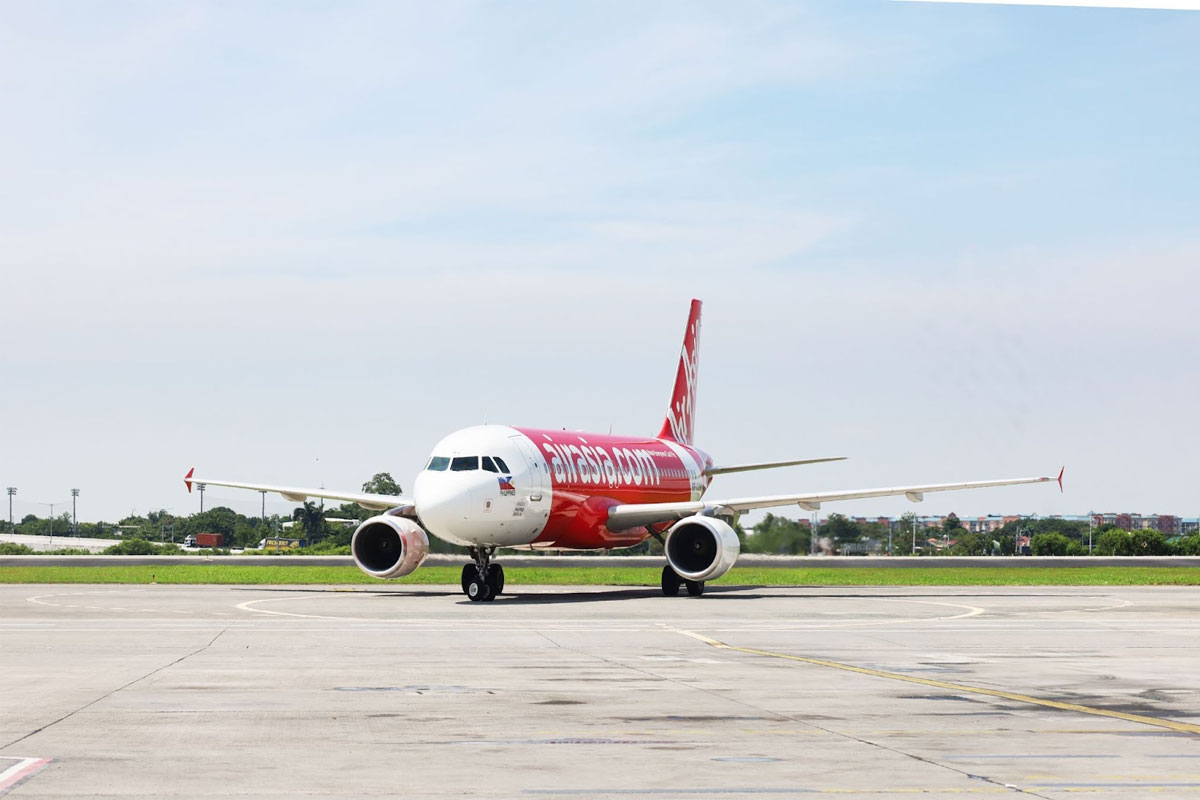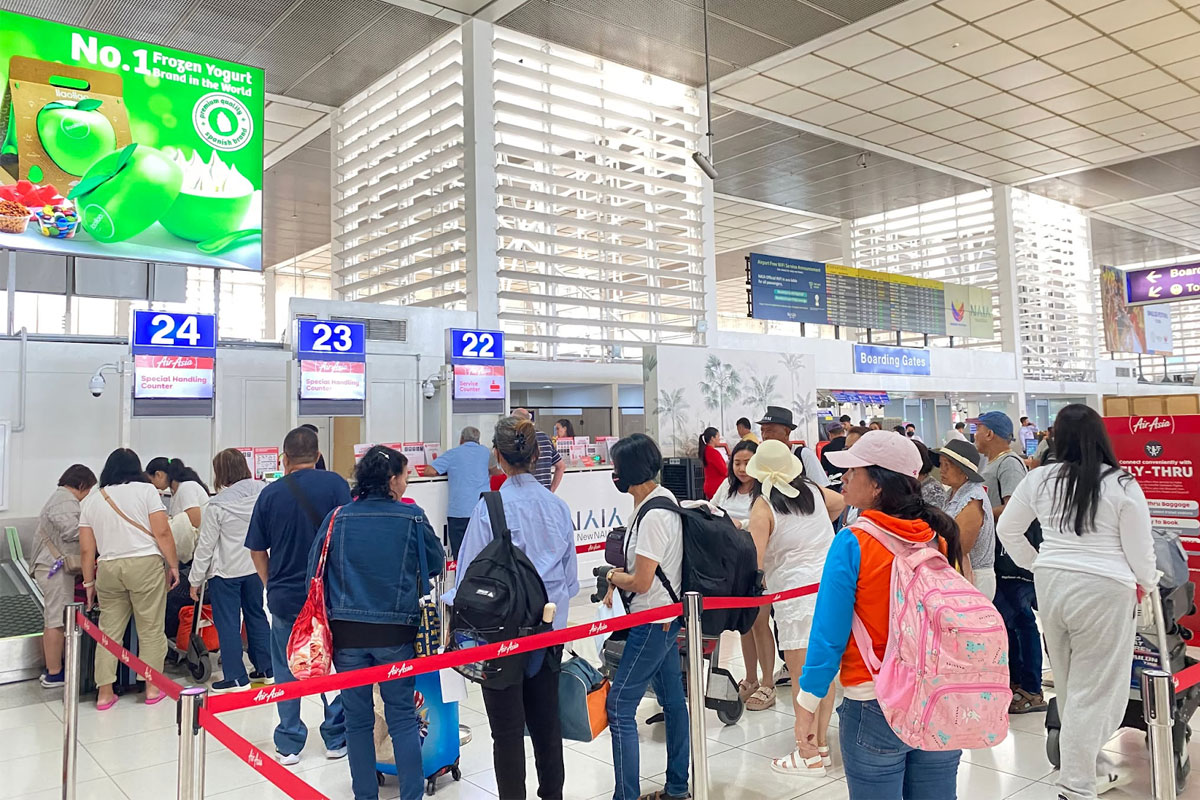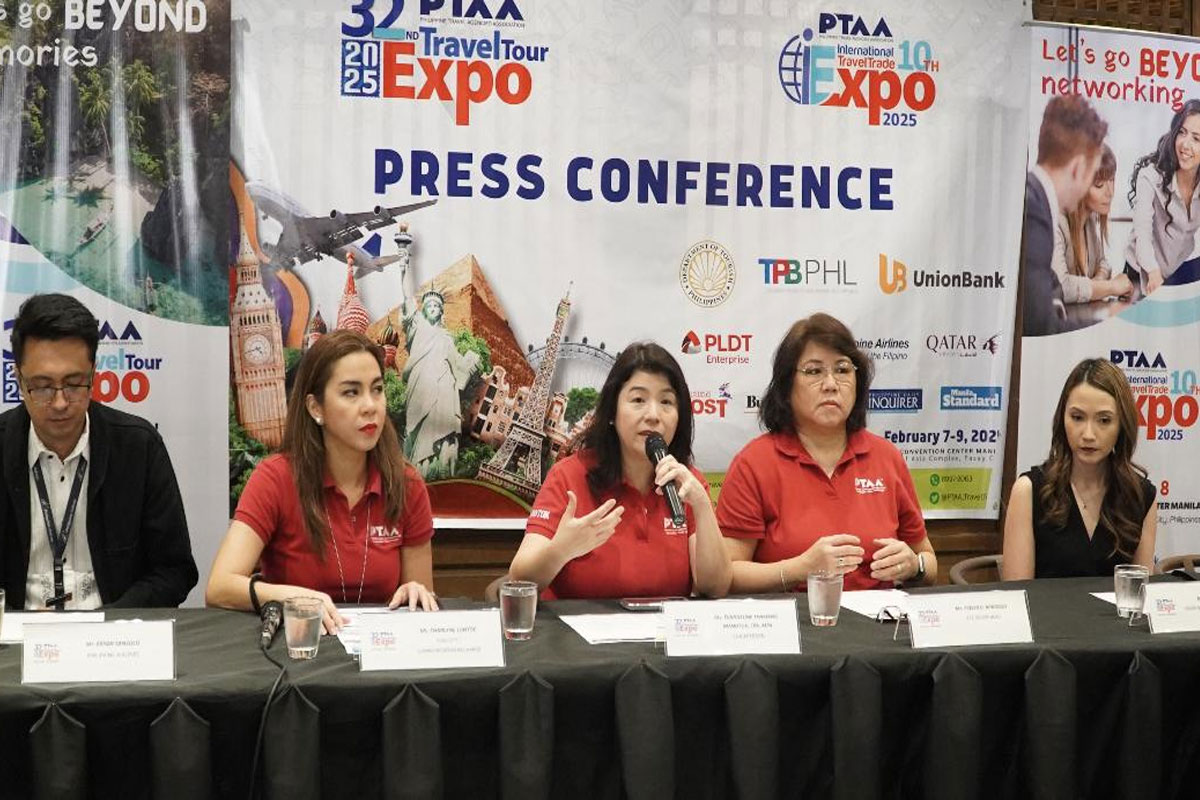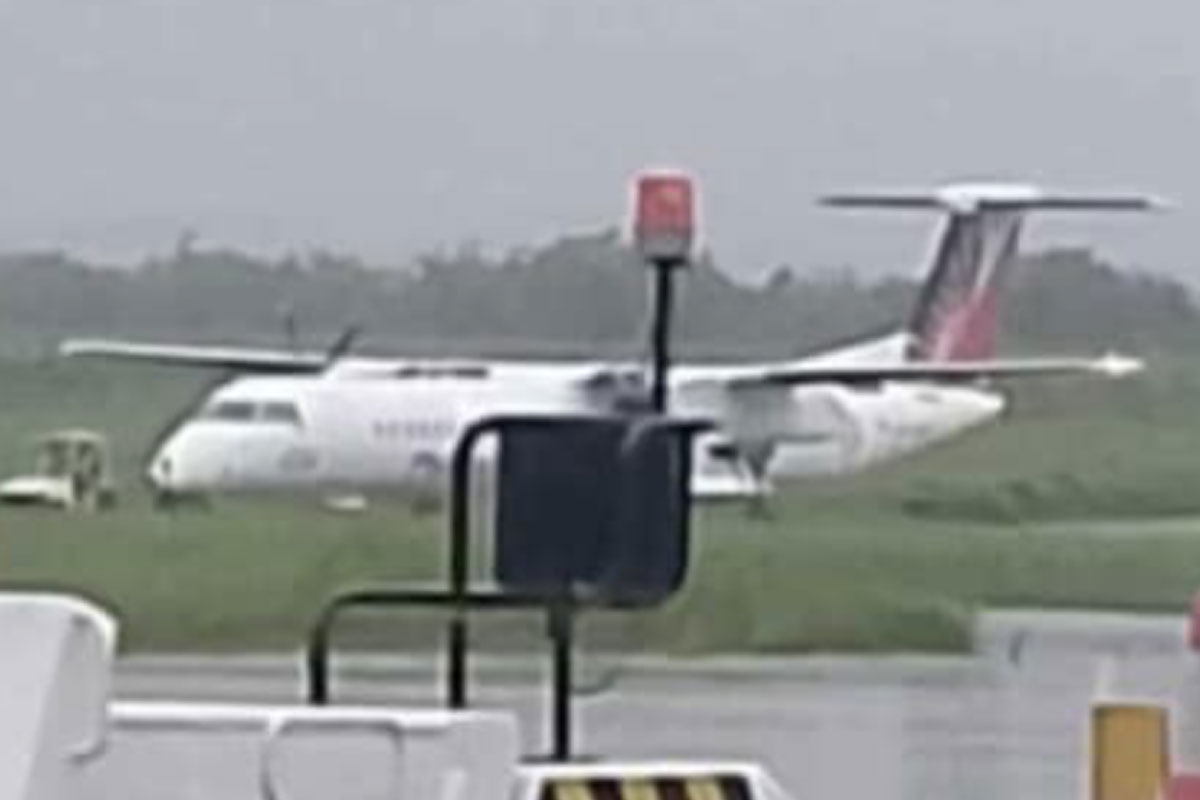
DOT bares 15 LGUs which will receive tourism funds
THE Department of Tourism (DOT) has identified 15 local government units (LGUs) which will receive a combined amount of P180 million in tourism projects as part of the agency’s flagship program, the Tourism Champions Challenge (TCC).
The 15 LGUs were selected based on their noteworthy tourism projects that would spur economic development.
Tourism Secretary Christina Garcia Frasco underscored the necessity of ensuring the strengthened tourism governance between and among the national government and the local government units.
“The National Tourism Development Plan 2023 to 2028 (NTDP) approved by President Ferdinand R. Marcos Jr. acknowledges that in order for our tourism industry to be inclusive and globally competitive, we must closely collaborate with our local government units to hasten the transformation of communities towards tourism excellence,” said Frasco.
“The Tourism Champions Challenge is a flagship program of the Marcos Administration with the Department of Tourism and TIEZA (Tourism Infrastructure and Enterprise Zone Authority) providing a mechanism for our dedicated and passionate local chief executives to access national government funding to address critical tourism issues, the resolution of which can serve the intention to transform the country into a tourism powerhouse in Asia,” Frasco said.
Proposals from the identified 15 LGUs — five each from Luzon, Visayas, and Mindanao— will be ranked according to relevance and potential contribution to the tourism industry.
The LGU which will land the first place will receive P20 million worth of tourism projects, the second placer will receive P15 million, P10 million for the third placer, P8 million, and P7 million, for the fourth and fifth placer, respectively, for a total of P180 million.
According to the DOT, the proposals will be officially awarded upon approval of the TIEZA Board, through an official signing of a Memorandum of Agreement (MOA) between the said LGUs, DOT and the TIEZA, for the swift facilitation of the project inauguration, leading to the turnover of the implemented project to the LGU.
TCC is a transformative tool dedicated to promoting nationwide tourism development while empowering Local Chief Executives/Mayors to draw from the wellspring of their local communities to contribute to the overall Philippine experience of every traveler.
With support from the TIEZA, this challenge aspires to create exceptional tourism projects that enhance local competencies, propelling the nation to new heights on the global tourism stage.
Frasco is a former local chief executive herself, having been elected as mayor of the town of Liloan in Cebu for three consecutive terms before taking the helm of the DOT,
Close to a hundred proposals from LGUs across Luzon, Visayas and Mindanao underwent a rigorous evaluation process, to ensure fairness and impartiality.
Knowledge Partner PricewaterhouseCoopers Philippines (PWC) provided expert insight and meticulous scrutiny to the selection process of LGU proposals that hold the promise of enriching local communities while contributing significantly to the national economy.
Shortlisted LGUs will participate in the capacity building activity to augment the capability of the participants in project development and management and to enhance the technical content of the proposal through a series of lectures, discussions, workshops, and presentations.
Echoing the Marcos administration’s commitment to shared tourism governance between LGUs, the national government, and tourism stakeholders, Frasco added “President Ferdinand “Bongbong” Marcos, Jr. early on in his administration has expressed his belief in the tourism industry’s ability to become one of the country’s major economic pillars post-pandemic. As we pursue our plans and programs under the NTDP, the DOT commits to continuing a whole-of-nation approach to tourism, with optimism that the genuine love that all of us have for the Philippines can spur a unified approach towards tourism governance.”




